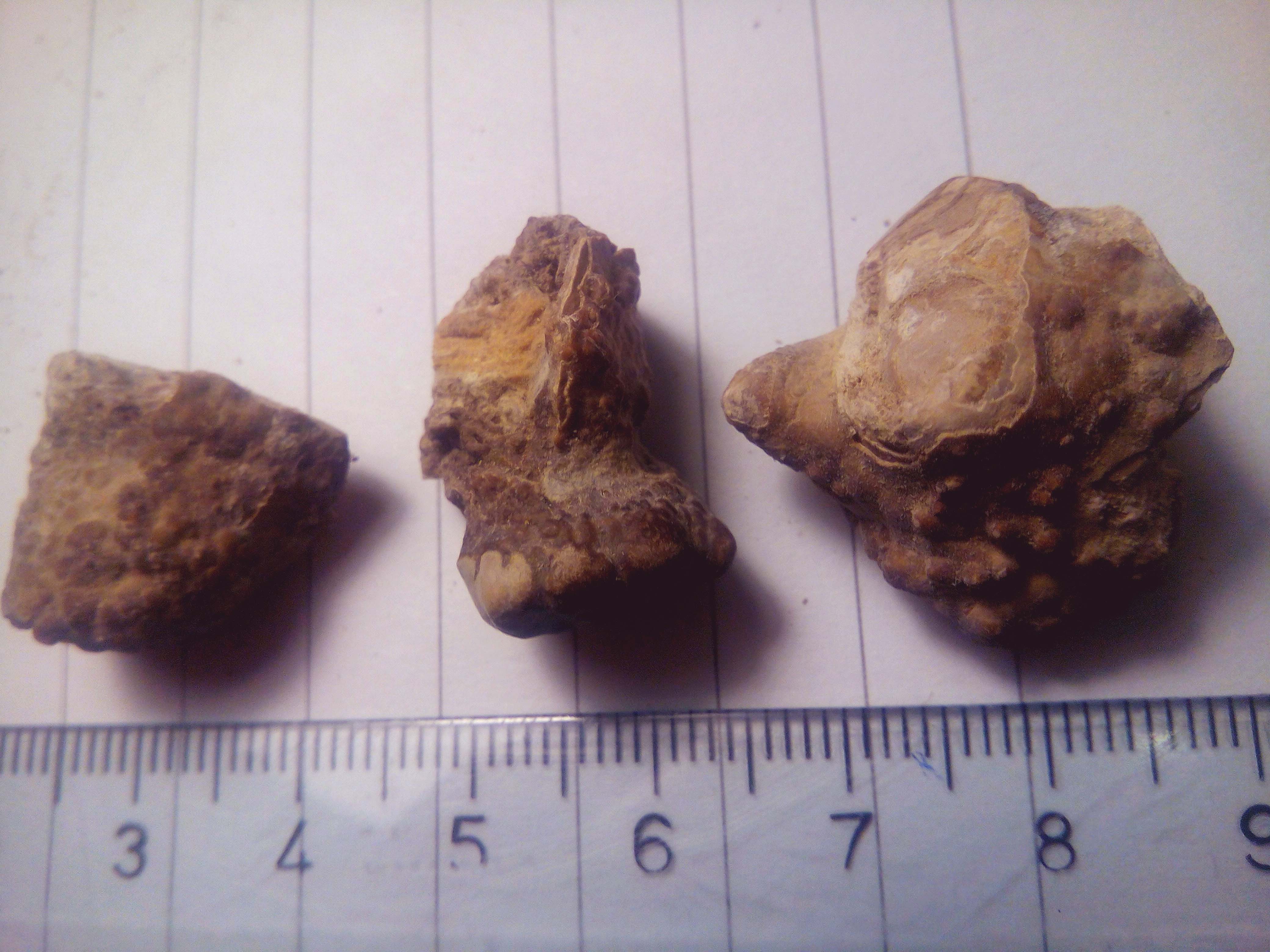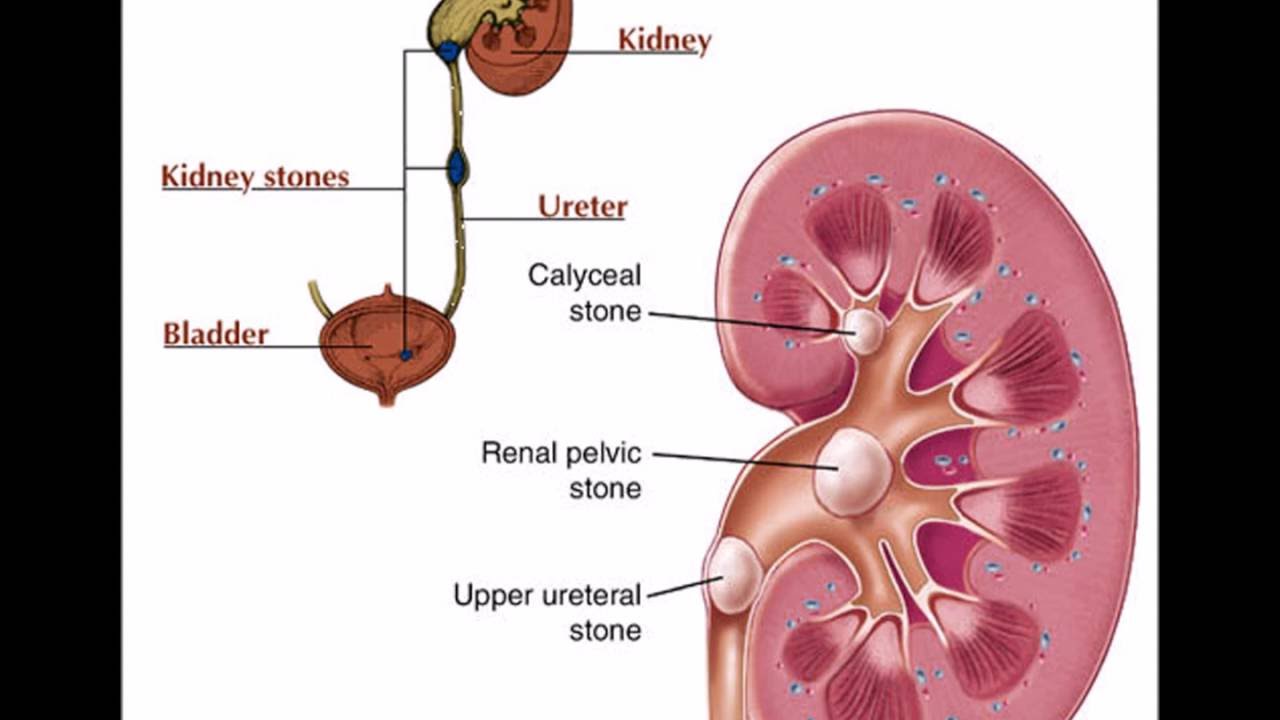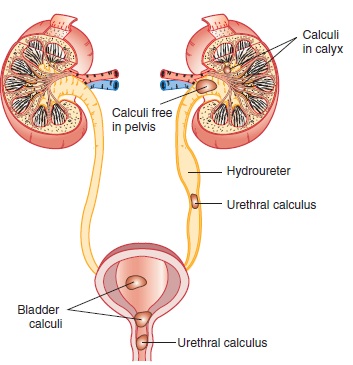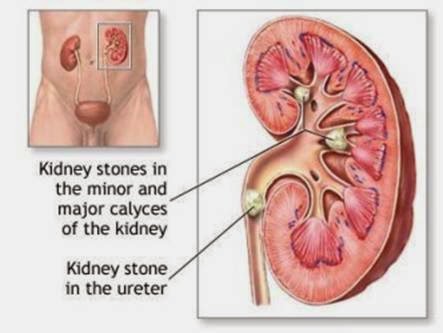
< /ˈkæl kyəˌlaɪ/, cal·cu·lus·es.
- Mathematics. a method of calculation, especially one of several highly systematic methods of treating problems by a special system of algebraic notations, as differential or integral calculus.
- Pathology. a stone, or concretion, formed in the gallbladder, kidneys, or other parts of the body.
- Also called tartar. Dentistry. a hard, yellowish to brownish-black deposit on teeth formed largely through the mineralization of dead bacteria in dental plaques by the calcium salts in salivary secretions and subgingival transudates.
- calculation; estimation or computation: the calculus of political appeal.
noun plural -luses
- a branch of mathematics, developed independently by Newton and Leibniz. Both differential calculus and integral calculus are concerned with the effect on a function of an infinitesimal change in the independent variable as it tends to zero
- any mathematical system of calculation involving the use of symbols
- logic an uninterpreted formal systemCompare formal language (def. 2)
- plural -li (-ˌlaɪ) pathol a stonelike concretion of minerals and salts found in ducts or hollow organs of the body
1660s, from Latin calculus “reckoning, account,” originally “pebble used as a reckoning counter,” diminutive of calx (genitive calcis) “limestone” (see chalk (n.)). Modern mathematical sense is a shortening of differential calculus. Also used from 1732 to mean kidney stones, etc., then generally for “concretion occurring accidentally in the animal body,” such as dental plaque. Related: Calculous (adj.).
n. pl. cal•cu•lus•es
- An abnormal concretion in the body, usually formed of mineral salts and most commonly found in the gallbladder, kidney, or urinary bladder.stone
- Dental tartar.
Plural calculi (kăl′kyə-lī′) calculuses
- The branch of mathematics that deals with limits and the differentiation and integration of functions of one or more variables. See more at calculus of variations differential calculus integral calculus.
- A solid mass, usually composed of inorganic material, formed in a cavity or tissue of the body. Calculi are most commonly found in the gallbladder, kidney, or urinary bladder. Also called stone
The branch of mathematics, usually studied after algebra, that provides a natural method for describing gradual change.
 Liberal Dictionary English Dictionary
Liberal Dictionary English Dictionary


